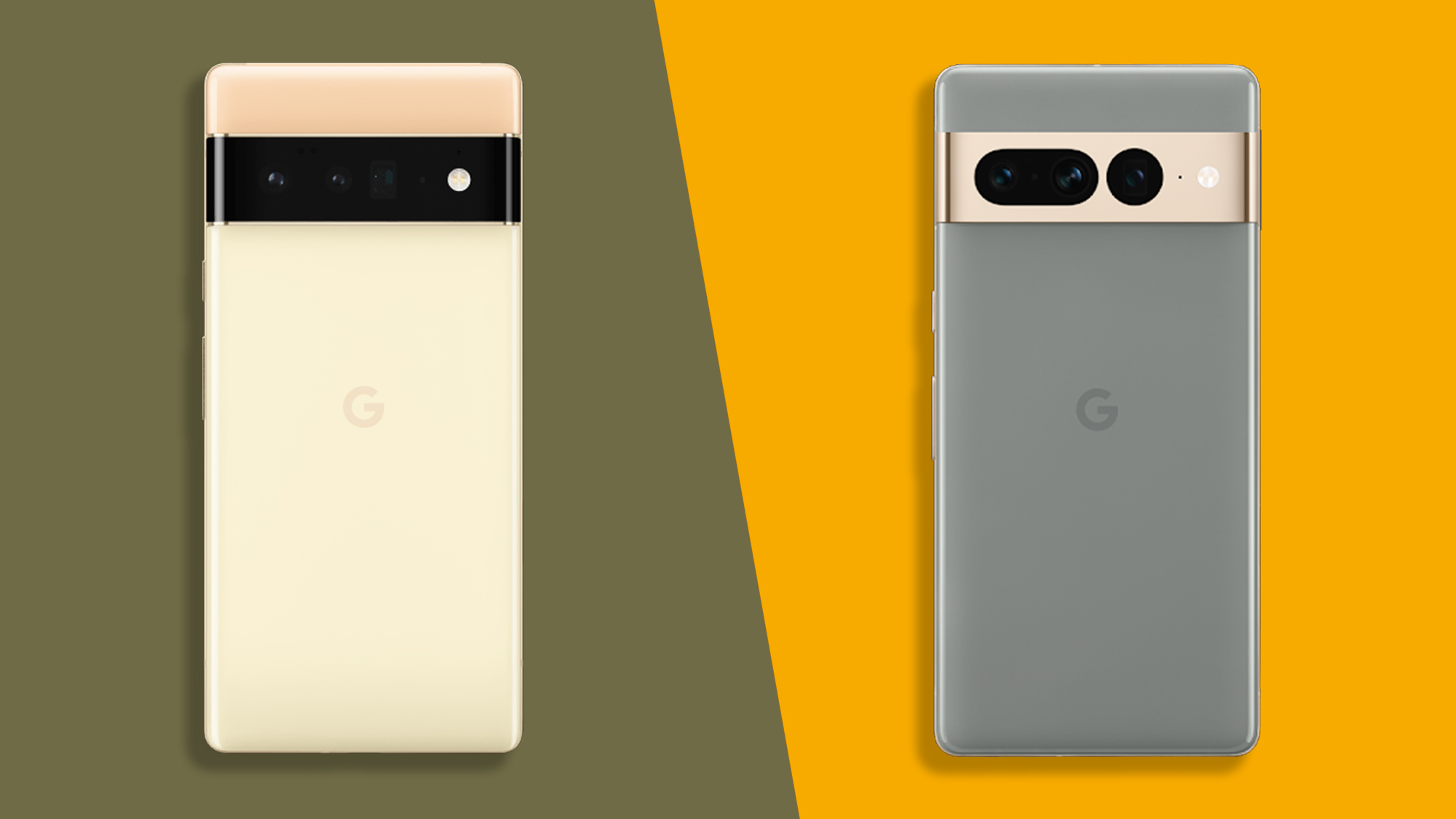Design and Display

The Pixel 8 Pro and Pixel 9 Pro are both flagship smartphones, known for their sleek design and impressive displays. They offer a premium user experience, with features that cater to both casual users and those who demand the best in mobile technology. This section will delve into the design and display aspects of both devices, highlighting their similarities and differences.
Screen Size, Resolution, and Pixel Density
The screen size, resolution, and pixel density of a smartphone significantly impact the user’s visual experience. The Pixel 8 Pro and Pixel 9 Pro offer a similar display size, with subtle variations in resolution and pixel density.
- The Pixel 8 Pro features a 6.8-inch Super Actua OLED display with a resolution of 1344 x 2822 pixels and a pixel density of 458 ppi.
- The Pixel 9 Pro boasts a 6.7-inch Super Actua OLED display with a resolution of 1440 x 3120 pixels and a pixel density of 525 ppi.
The Pixel 9 Pro’s slightly higher resolution and pixel density result in a sharper and more detailed image, offering a visually richer experience.
Display Technology and Refresh Rate
Both the Pixel 8 Pro and Pixel 9 Pro feature advanced display technology for vibrant colors, deep blacks, and a responsive user experience.
- Both devices use a Super Actua OLED display, which offers excellent color accuracy, high contrast ratios, and deep blacks.
- The Pixel 8 Pro features a 120Hz refresh rate, while the Pixel 9 Pro offers a 144Hz refresh rate.
The higher refresh rate of the Pixel 9 Pro contributes to a smoother scrolling experience and more responsive gaming performance.
Design Elements
The design of a smartphone is crucial for its overall aesthetic appeal and ergonomics. Both the Pixel 8 Pro and Pixel 9 Pro boast a modern and premium design, with subtle differences in their materials and camera bump.
- Both devices feature an aluminum frame and a glass back, offering a premium look and feel.
- The Pixel 8 Pro has a more prominent camera bump, housing a triple-lens camera system.
- The Pixel 9 Pro features a slightly more refined camera bump, with a slightly smaller footprint.
The design of the camera bump can impact the phone’s stability when placed on a flat surface. The Pixel 9 Pro’s slightly smaller camera bump might offer a more stable experience.
Impact of Display Design on User Experience
The display design plays a significant role in the overall user experience of a smartphone. A larger screen size allows for a more immersive multimedia experience, while a high resolution and pixel density contribute to a sharper and more detailed visual experience.
- The Pixel 8 Pro and Pixel 9 Pro offer a large display, suitable for watching videos, playing games, and browsing the web.
- The high refresh rate of the Pixel 9 Pro contributes to a smoother and more responsive user experience, especially when scrolling through content or playing games.
The display design and features of both devices cater to users who prioritize a visually engaging and responsive smartphone experience.
Performance and Software: Pixel 8 Pro Vs Pixel 9 Pro
![]()
The Pixel 8 Pro and Pixel 9 Pro are both flagship smartphones designed to deliver exceptional performance and a smooth user experience. While they share some core features, there are notable differences in their processors, RAM configurations, software features, and overall performance.
Processor and RAM
The processors and RAM configurations are key determinants of a phone’s performance. The Pixel 8 Pro is powered by the Google Tensor G3, while the Pixel 9 Pro utilizes the Google Tensor G4.
- The Tensor G3 is a powerful processor that offers excellent performance for everyday tasks, gaming, and demanding applications. It features a 4-core CPU, 8-core GPU, and a dedicated Tensor processing unit (TPU) for machine learning tasks.
- The Tensor G4, however, is an even more advanced processor. It is expected to offer significant improvements in performance, efficiency, and AI capabilities. While specific details are still under wraps, Google has hinted at a significant performance leap with the Tensor G4.
In terms of RAM, the Pixel 8 Pro offers 12GB of RAM, while the Pixel 9 Pro is expected to come with 16GB of RAM. This increase in RAM will likely lead to smoother multitasking and faster app loading times.
Performance Comparison
The Tensor G4’s improved architecture and increased clock speeds are expected to translate to noticeable performance gains in the Pixel 9 Pro. Benchmarks are likely to show significant improvements in CPU and GPU performance compared to the Pixel 8 Pro.
- In real-world usage, this could mean faster app launches, smoother gaming experiences, and improved overall responsiveness.
- The increased RAM in the Pixel 9 Pro will also contribute to a more fluid multitasking experience, allowing users to switch between apps seamlessly without lag.
Software Features and User Interface
Both the Pixel 8 Pro and Pixel 9 Pro run on Android, Google’s mobile operating system. Google typically provides a clean and intuitive user interface with its Pixel phones, focusing on simplicity and ease of use. However, there are some notable differences in the software features and user interface between the two models.
- The Pixel 9 Pro is expected to introduce new software features and enhancements, building upon the foundation laid by the Pixel 8 Pro.
- These enhancements could include improved AI features, new camera functionalities, and a refined user interface.
Software Optimization and Battery Life, Pixel 8 pro vs pixel 9 pro
Google has always been known for its software optimization, and this is particularly evident in its Pixel phones. Software optimization plays a crucial role in extending battery life and improving the overall user experience.
- The Pixel 9 Pro is expected to benefit from further software optimizations, potentially leading to improved battery life compared to the Pixel 8 Pro.
- These optimizations could include more efficient power management, improved app performance, and a more intelligent use of background processes.